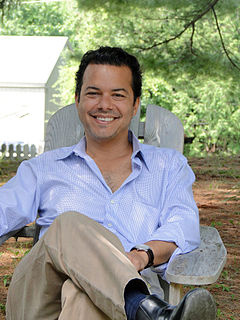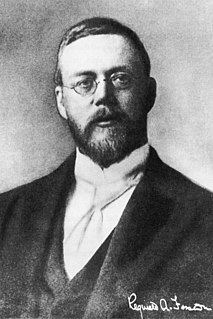A Quote by Doris Lessing
Does political correctness have a good side? Yes, it does, for it makes us re-examine attitudes, and that is always useful. The trouble is that, with all popular movements, the lunatic fringe so quickly ceases to be a fringe; the tail begins to wag the dog. For every woman or man who is quietly and sensibly using the idea to examine our assumptions, there are twenty rabble-rousers whose real motive is desire for power over others. The fact that they see themselves as antiracists or feminists or whatever does not make them any less rabble-rousers.
Quote Topics
Always
Any
Assumptions
Attitudes
Begins
Ceases
Correctness
Desire
Desire For Power
Does
Dog
Every
Examine
Fact
Feminists
Fringe
Good
Idea
Less
Lunatic
Make
Makes
Man
Motive
Movements
Others
Our
Over
Political
Political Correctness
Popular
Power
Power Over Others
Quickly
Quietly
Rabble
Real
See
Side
Tail
Them
Themselves
Trouble
Twenty
Us
Useful
Using
Wag
Wag The Dog
Whatever
Whose
Woman
Yes
Related Quotes
Our moral reasoning is plagued by two illusions. The first illusion can be called the wag-the-dog illusion: We believe that our own moral judgment (the dog) is driven by our own moral reasoning (the tail). The second illusion can be called the wag-theother-dog's-tail illusion: In a moral argument, we expect the successful rebuttal of an opponent's arguments to change the opponent's mind. Such a belief is like thinking that forcing a dog's tail to wag by moving it with your hand will make the dog happy.
A political convention is after all not a meeting of a corporation's board of directors; it is a fiesta, a carnival, a pig-rooting, horse-snorting, band-playing, voice-screaming medieval get-together of greed, practical lust, compromised idealism, career-advancement, meeting, feud, vendetta, conciliation, of rabble-rousers, fist fights (as it used to be), embraces, drunks (again as it used to be) and collective rivers of animal sweat.
Is love the desire—no, the need—to be with that person, whatever the cost? Does it cause the rue of rage when you see that person with another? Does it make you ache to hold her, to whisper things that sound foreign and strange to your tongue? Does it make you wish for things you know can never be? I haven't the answers, Riley. In all that I've learned over the years, no one has ever mentioned a force such as this. But whatever it is, I feel it for you. We would have been good together.
The work of an intellectual is not to mould the political will of others; it is, through the analyses that he does in his own field, to re-examine evidence and assumptions, to shake up habitual ways of working and thinking, to dissipate conventional familiarities, to re-evaluate rules and institutions and to participate in the formation of a political will (where he has his role as citizen to play).
A woman means by Unselfishness chiefly taking trouble for others; a man means not giving trouble to others...thus, while the woman thinks of doing good offices and the man of respecting other people's rights, each sex, without any obvious unreason, can and does regard the other as radically selfish.
We cannot hope to change human nature. There will always be cranks and conspiracy theorists among us. But we can try to improve things - we don't have to accept the debasement of civil discourse or civic decline. We can take steps to ensure that the lunatic fringe remains on the fringe and stops bleeding into the base and then poisoning the mainstream
The inventor and the research man are confused because they both examine results of physical or chemical operations. But they are exact opposites, mirror images of one another. The research man does something and does not care [exactly] what it is that happens, he measures whatever it is. The inventor wants something to happen, but does not care how it happens or what it is that happens if it is not what he wants.
... I was reminded of a remark of Willa Cather's, that you can't paint sunlight, you can only paint what it does with shadows on a wall. If you examine a life, as Socrates has been so tediously advising us to do for so many centuries, do you really examine a life, or do you examine the shadows it casts on other lives? Entity or relationships? Objective reality or the vanishing point of a multiple perspective exercise? Prism or the rainbows it refracts? And what if you're the wall? What if you never cast a shadow or rainbow of your own, but have only caught those cast by others?






































